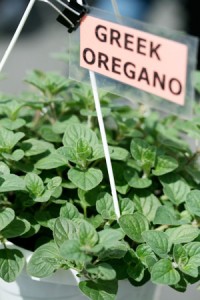 Our digestive system is apparently a lot more complex than we could even imagine, new research says we have little ecosystems of bacteria, good and bad, living in our guts — and the colonies vary from person to person, just like blood types!
Our digestive system is apparently a lot more complex than we could even imagine, new research says we have little ecosystems of bacteria, good and bad, living in our guts — and the colonies vary from person to person, just like blood types!
But what happens when bad bacteria or fungus takes over? Want to know the secrets to fighting germs and the bacteria that might find their way into food or even take root in your intestinal system?
The third most prescribed class of drugs in America are for stomach issues. Many of the stomach problems blamed on “nervous stomach”, IBS, and fungal or bacterial infections that go undiagnosed can be soothed by including these tasty, natural foods that have minimal side effects.
Antibacterial and Antifungal Foods
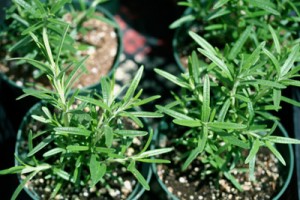 I use plenty of antibacterial herbs in my food — like thyme and rosemary. Do you know that even the meat-packing industry uses rosemary extract as a preservative for ground meat since it contains powerful antimicrobial compounds?
I use plenty of antibacterial herbs in my food — like thyme and rosemary. Do you know that even the meat-packing industry uses rosemary extract as a preservative for ground meat since it contains powerful antimicrobial compounds?
Ginger is has been prized in ancient Indian medicine as the “maha-aushadi” (or the “great medicine”), because ginger has incredible antiseptic properties, including antibacterial and antifungal powers. Used for centuries as an anti-nausea remedy, studies also show that it can be effective against some forms of systemic yeast called candida.
Oil of oregano is supposed to be the folk panacea for curing any bacterial or fungal issues, including skin infections, athlete’s foot, colds, sore throats, parasites, yeasts, and allergies. Medical researchers are studying it for its active ingredient carvacrol,and its ability to kill bacteria resistant to traditional antibiotics.
Garlic and onions have powerful antifungal properties to attack candida, but does not interfere with the good bacterial cultures in your digestive system. Garlic also has reportedly a calming effect on blood pressure. If you have trouble digesting garlic, be sure to avoid it raw! Lightly sauté it in olive oil first or make your own roasted garlic.
Probiotic Foods
Here’s an indispensible food for those who want to stay “clean” on the inside, and fight harmful bacterial cultures that might set up camp in your digestive system.
Eat foods that are naturally fermented to replenish the good bacterial cultures that live in our gut — experts call them “bacteria ecosystems”. Without them, we won’t be able to synthesize many of the vitamins that our cells can’t make on their own (like vitamin B and K) — and get this– the good bacteria don’t just appear in your body, you must get them from fermented foods. Those beneficial bacteria are also at the core of our immune system, because they handle stimulating cell growth and stopping the growth of harmful microorganisms.
Here are just a few of those great probiotic foods to add to your diet on a weekly basis: yogurt (plain, not the one with fruit, because sugary fruit topping feed the bad bacteria), kefir (an amazing yogurt drink from Russia that has over 11 probiotic cultures), low-sodium pickles, olives, kimchee (a spicy Korean fermented cabbage that is great with soups and fried rice). You can also take a probiotic supplements in combination with any of these foods to boost effectiveness.
Foods to Limit
Cutting out foods from your diet is never fun, but try limiting some of the following foods to see how you feel.
Since bacteria feed on foods high in sugar and carbs, taking away their food source could mean a stomach-ache-free week! Try limiting sweets, candies, granulated sugar, honey, molasses, and scaling back on white breads, baked goods with yeast, beer and wine.
If you suspect you have a serious case of candida or other bacterial/fungal infection, see a health professional to get prescription-drug treatment.
Looking for more great info on digestive troubles or elimination diets? Check out my favorite books by two of the pros, Elizabeth Lipski and Donna Gates.
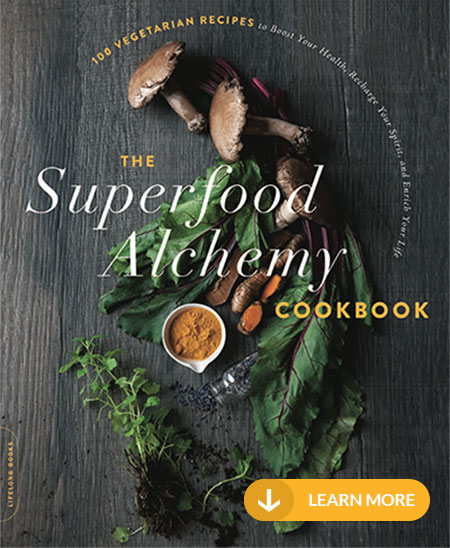

 Are you ready to look better, feel more energized, and get back that youthful feeling you remember having as a kid? I can help you on a journey that will change the way you eat — for good. My
Are you ready to look better, feel more energized, and get back that youthful feeling you remember having as a kid? I can help you on a journey that will change the way you eat — for good. My 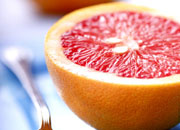


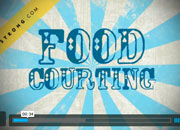
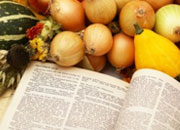







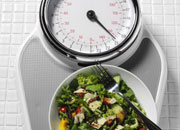


 As a healthy cooking expert, health coach and TV host,
As a healthy cooking expert, health coach and TV host, 

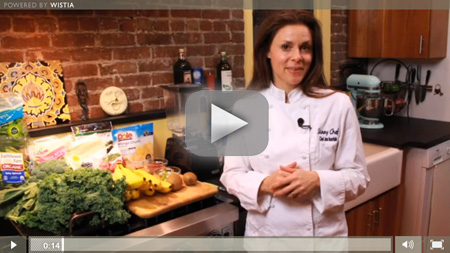
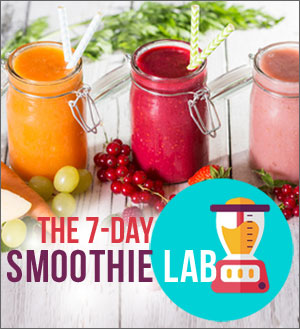
Speak Your Mind